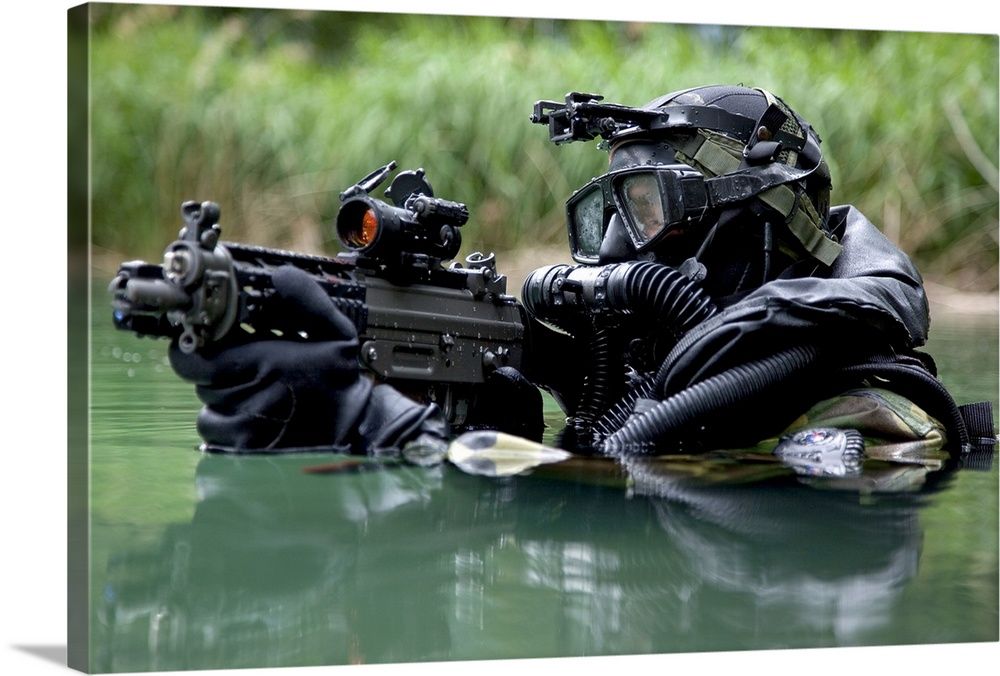The type of training considered most important for law enforcement and military personnel may vary depending on the specific roles and responsibilities involved. However, there are several key areas of training that are generally recognized as crucial for these professions:
Technical and Tactical Training: Law enforcement and military personnel require comprehensive technical and tactical training to develop essential skills for their operational roles. This includes firearms proficiency, physical fitness, hand-to-hand combat techniques, navigation, marksmanship, and situational awareness.
Legal and Ethical Training: Knowledge of laws, regulations, and legal procedures is vital for law enforcement officers. They need to understand constitutional rights, proper use of force, arrest procedures, and rules of evidence. Similarly, military personnel should receive training on the laws of armed conflict and the ethical considerations involved in warfare.

Crisis Management and De-escalation Techniques: Effective crisis management and de-escalation techniques are essential for both law enforcement and military personnel. They should be trained to handle high-stress situations, diffuse conflicts, and minimize the use of force when possible. Communication skills, conflict resolution, and cultural sensitivity training are important components of this training.
Critical Thinking and Decision-Making: Law enforcement and military personnel often face complex and rapidly evolving situations. Training in critical thinking and decision-making equips them with the ability to assess risks, evaluate options, and make sound judgments under pressure. This training helps enhance their problem-solving skills and adaptability.
Cultural Competence and Community Engagement: In today's diverse societies, it is crucial for law enforcement officers and military personnel to receive training that promotes cultural competence and fosters positive community engagement. This involves understanding and respecting different cultures, building trust, and effectively communicating with individuals from various backgrounds.
Mental Health and Resilience: Law enforcement and military professions can be mentally and emotionally challenging. Training programs should prioritize mental health awareness, stress management, resilience-building techniques, and resources for seeking support. This helps personnel cope with the demands of their roles and maintain overall well-being.
It is important to note that the specific training needs may differ based on the country, organizational policies, and the nature of the tasks performed by law enforcement and military personnel. Ongoing training and professional development should be emphasized to ensure personnel stay updated with the latest practices and techniques.